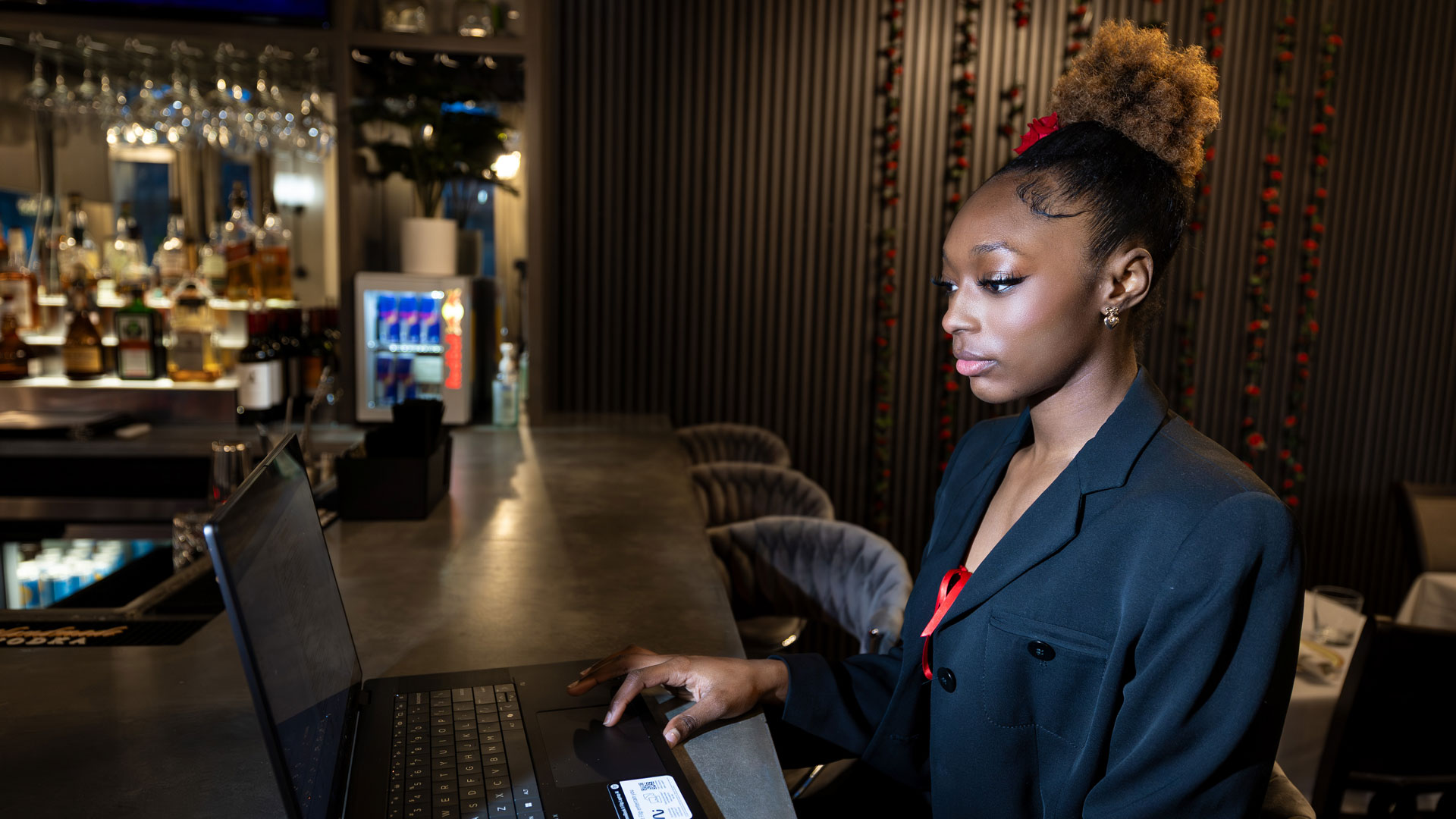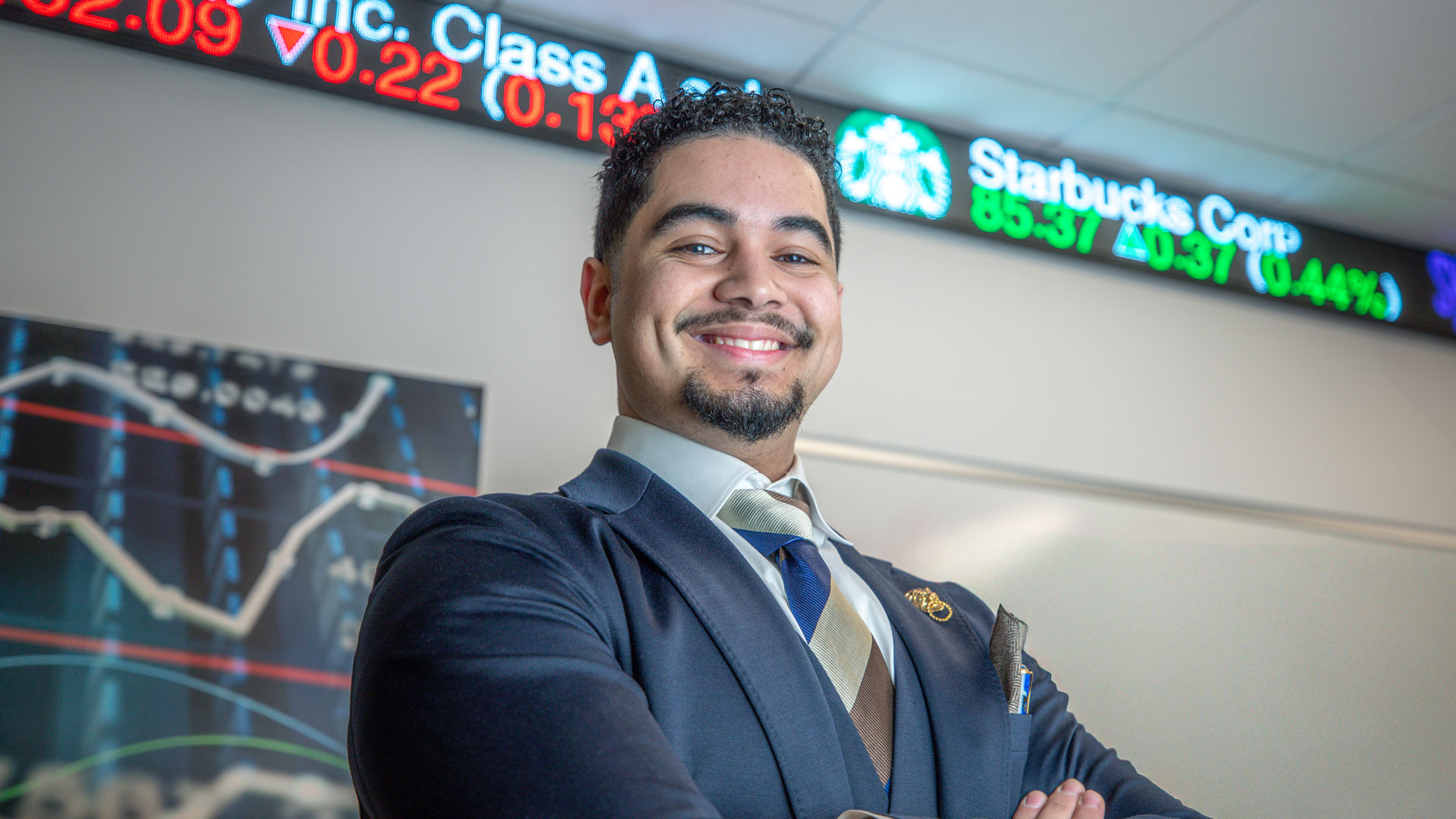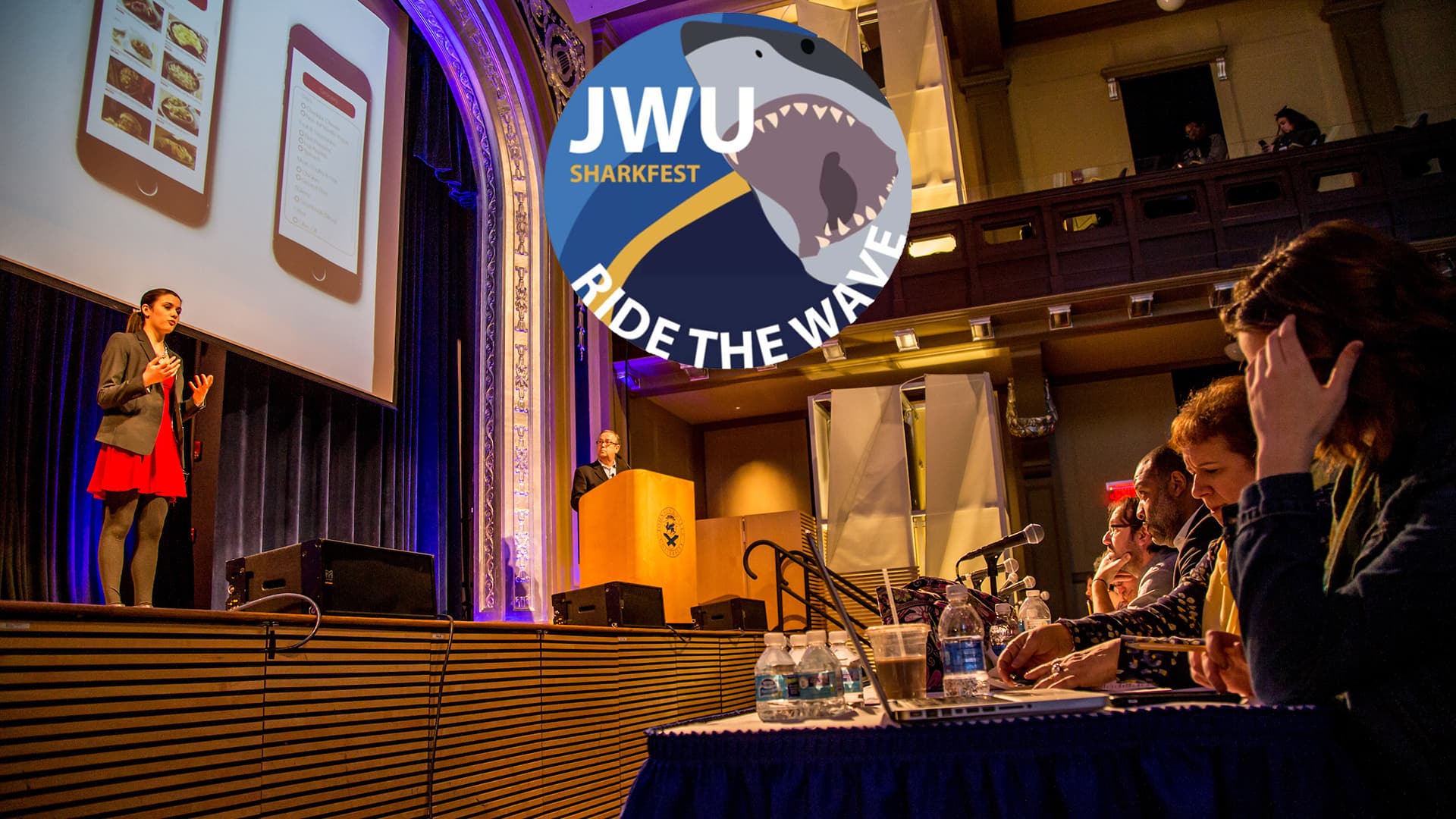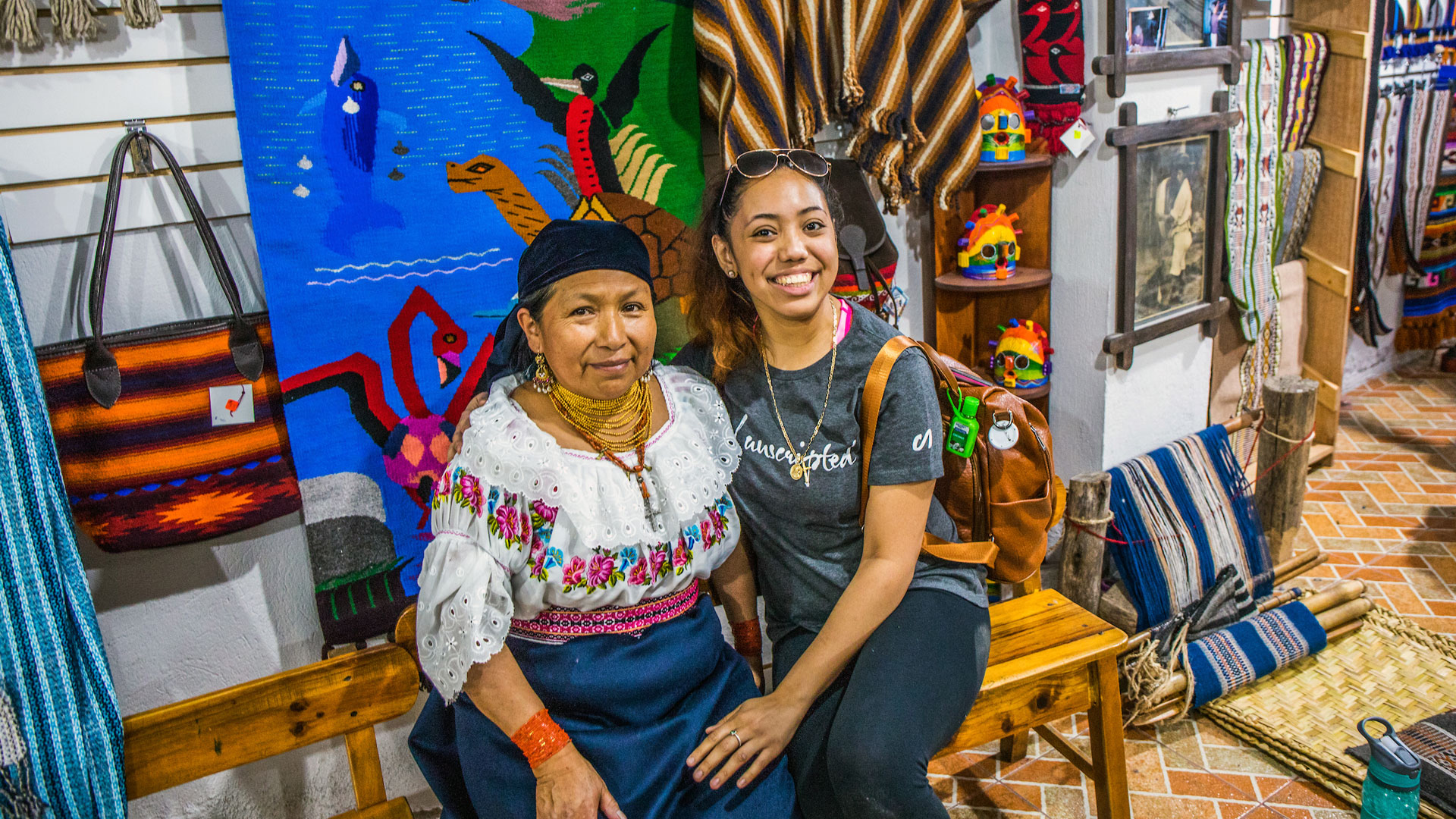Exploring Sustainability: An Interview with Douglas Stuchel
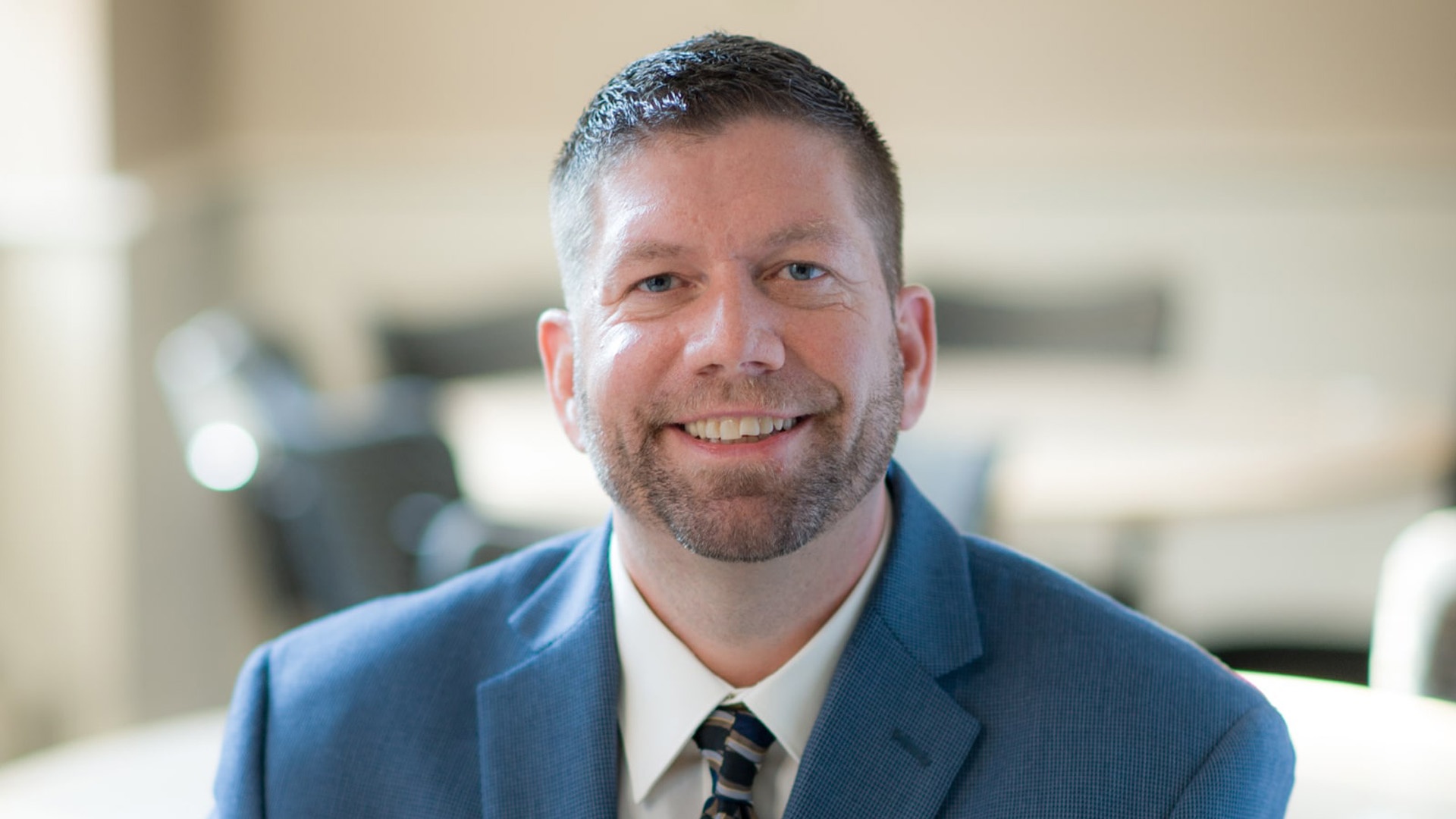
Sustainability may be a buzzword in the hospitality industry, but for College of Hospitality Management associate professor Douglas Stuchel, it’s what he grew up with — and it’s a topic he’s passionate about.
It can be a complex topic, for sure. According to the Environmental Protection Agency, sustainability means “to create and maintain the conditions under which humans and nature can exist in productive harmony to support present and future generations.” One of the ways you can maintain sustainability is by eating local.
Raised in a rural farming community outside of Pittsburgh, Stuchel was as close to his food source as you can get. “I grew up with that sense of, you eat what you grow, you eat what is local,” he says.
He became interested in the environmental aspect of sustainability when he was a JWU student and studied abroad in Costa Rica. “That opened up my eyes,” he says. “When the country underwent rapid development and deforestation, it started losing tourism dollars. They immediately saw that this was their lifeblood, so they jumped on the sustainability bandwagon. Costa Rica is now ranked as one of the most sustainable countries in the world.”
Connecting Students to Sustainability
To introduce his hospitality students to the concept of sustainability, on their first day of class he talks about how he is raising Welsh Harlequin ducks on his property in rural West Greenwich. It allows him to start a discussion about global food issues, he says.
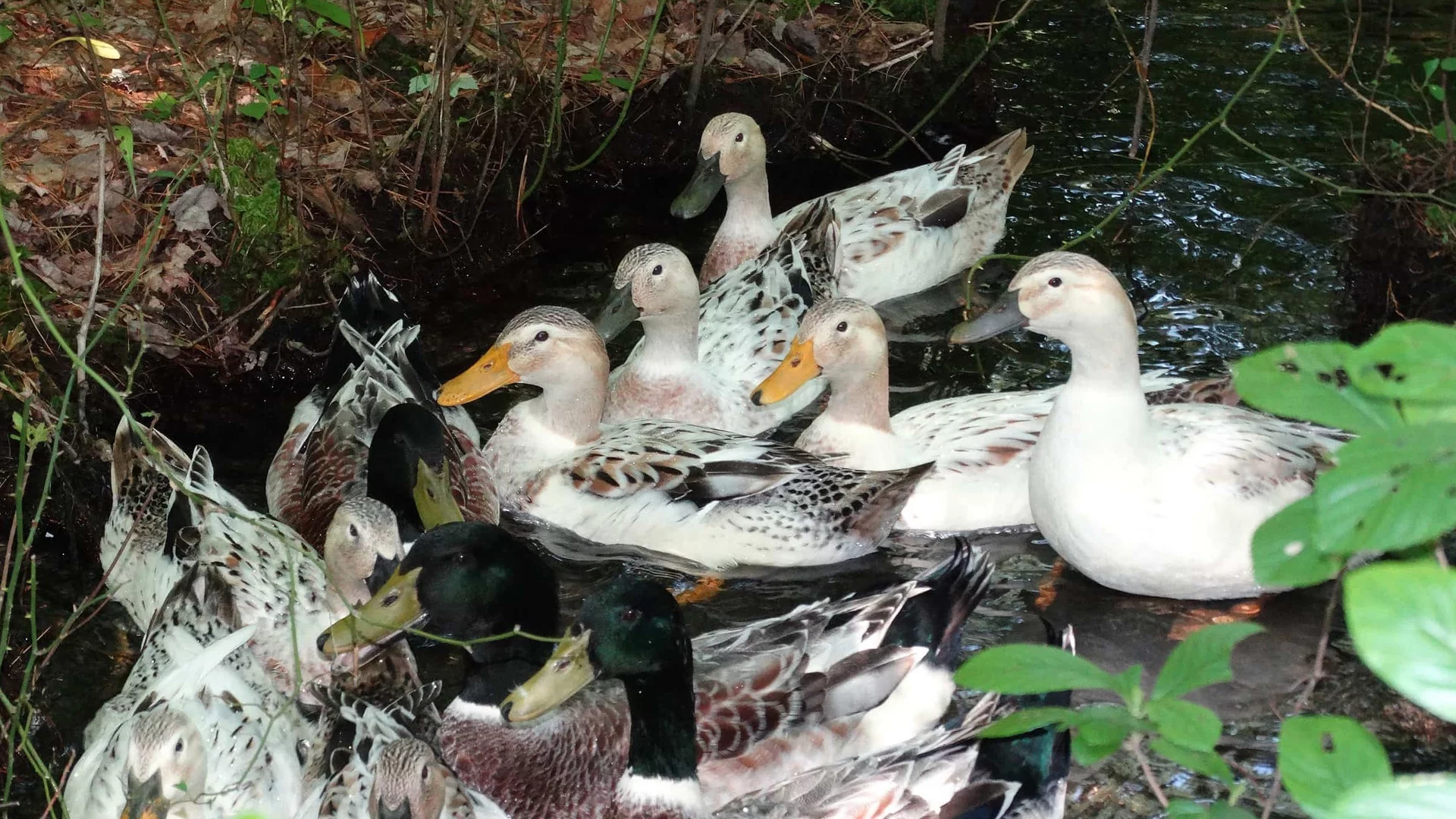
“Some students are fascinated at the fact that I’m raising an animal because they’ve never had that connection growing up. I can see that when I talk to them about the real cost of food.”
The true cost of food involves not only how the food is transported and the effect on the environment, but how that food is produced, he says. “When I tell students I sell duck eggs for seven dollars a dozen, they say, ‘I can buy chicken eggs at Walmart for $1.55.’ Well, you have to think of how the chicken is treated. They are in crates and even when it’s labeled cage-free eggs, that doesn’t mean they’re not all confined in a small little space. They’re just not in a cage.”
And if you’re voting for a sustainable world with your food dollar, you need to consider where your food is coming from. When you shop at the supermarket or Walmart, you probably don’t know that many products are imported from China, he says. “Because of labeling laws, you can take a product from China ship it to South America and then to the U.S. and the label could legally say it’s a product of the United States, even though it originally came from China.”
"That’s why the restaurant industry is seeing more people choosing to eat less meat."
Stuchel has served two terms on the Rhode Island Food Policy Council, where he worked on the New England 50 by 60 plan, which is an agreement where the New England states will try to produce 50 percent of all the food to support the region by the year 2060. “It’s very lofty goal in New England when you only have a short growing season. But the way we can achieve that is by using the ocean more, taking advantage of not only the fish but of the seaweed and kelp.” Rhode Island only produces one percent of its food right now, importing 99 percent from other states and beyond, so reaching that goal will be challenging.
“Everything is a balance. It seems that we’ve tilted the pendulum to one end and we’re trying to go back to the other end,” says Stuchel. “When I tell students in class that the farm to table movement is not sustainable in the restaurant industry because in a region like New England you can’t get everything you need locally, we talk about the whole concept of local. Does it mean within 50 miles? 100 miles? There’s no definition and it’s kind of a good thing because if we said local meant 100 miles, if you live in Wyoming, you might not have anything for 20-30 miles.”
Stuchel sees a disparity right now between the affluent and not-so-affluent. “If you have the disposable income, you can afford to buy what you consider more ethical and healthier for you. But the average American right now has trouble affording that price, especially if you have kids,” he says. “That’s why the restaurant industry is seeing more people choosing to eat less meat, and why people are serving more meatless meals at home.”
If you really want to buy local, you need to shop more often, he says. “We waste so much because we buy bulk. Both parents have to work and we’re so busy with the kids, it’s easier for families to just shop once a week. But no one has any idea of what’s in the refrigerator and what’s going bad or what’s about to go bad, so it’s a dilemma. I don’t see it changing anytime soon.”
